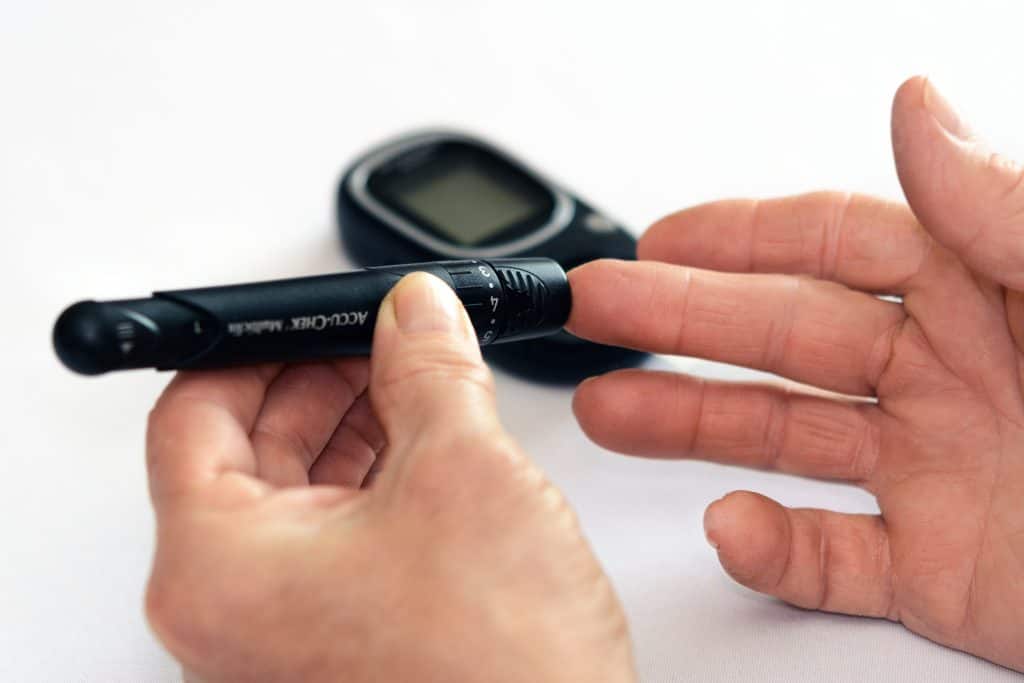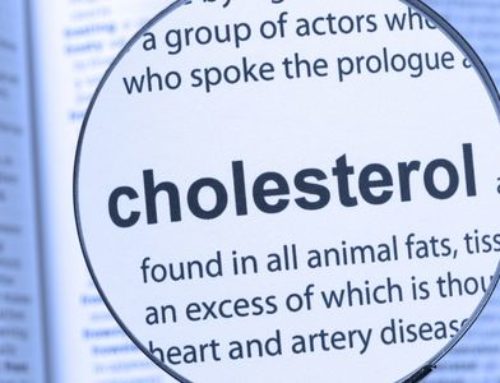
What condition do you associate with these words?
Sugar. Overweight. Thirst. Dizziness. Fatigue. Excessively urinating. Cakes. Sweets.
What about these words?
Protein. Slim. Thirsty. Dizzy. Fatigued. Excessively urinating. Low fat and low sugar diet.
If you said diabetes you are right.
There are a variety of symptoms that could indicate you have diabetes:
- Fatigue
- Dizziness
- Excessive thirst
- Excessive urinating
- Craving sweet foods
- Rapid change in weight
- Thrush
- Blurred vision
You can have diabetes and not know about it
Diabetes is occurring more commonly in our society and it is important that people know how to detect it. All too often, people tell me “I couldn’t have diabetes. I’m not fat and I don’t live on sugar”.
It is true that high sugar consumption & excessive amounts of abdominal fat are risk factors for developing diabetes. However, they are not the only risks factors. Other factors that can increase the likelihood of developing diabetes include:
- Family history
- Aged > 55 years old
- Women with polycystic ovary syndrome (PCOS)
- Consuming a high sugar, high fat, low-fibre diet over an extended period of time
- Sedentary lifestyle
- Smoking
These symptoms and risk factors vary depending on the type of diabetes. Clare Wolski wrote a fantastic article ‘Demystifying Diabetes’ which concisely explains the difference between the major classes of diabetes.
If you are experiencing any of the symptoms above, or are concerned about any of the risk factors, please consult your doctor for further testing. Your doctor may ask you about your medical history and your family’s medical history. They may also ask:
* Are you waking up in the middle of the night to drink?
* Are you going to the toilet more frequently than you used to?
* Do you have had less energy than usual?
* Are you finding it difficult to concentrate throughout the day?
* Are you craving sugary foods more than usual?
This information will help the doctor assess your situation before they test your urine or blood for excess sugar. These tests will help to determine how effectively your body is digesting sugar and whether you have developed diabetes.
It is important to remember that diabetes is a manageable condition. Diet plays a big part in controlling your blood sugars. This could mean your diet and lifestyle may require adjustment. Balancing the amount and type of carbohydrates in your meals is crucial to keeping your body functioning at it’s best. At first you may need to strictly monitor or plan your meals as you learn how your body individually responds to different foods.
Diabetes can be overwhelming, especially if you have just been diagnosed or are at risk of developing it. Here at The Healthy Eating Clinic we take time to help you develop a long term, sustainable and healthy lifestyle to best manage your condition. We can help you gain the confidence to cook meals at home; eat out; and know what foods, at what times, will help you balance your blood sugars.




